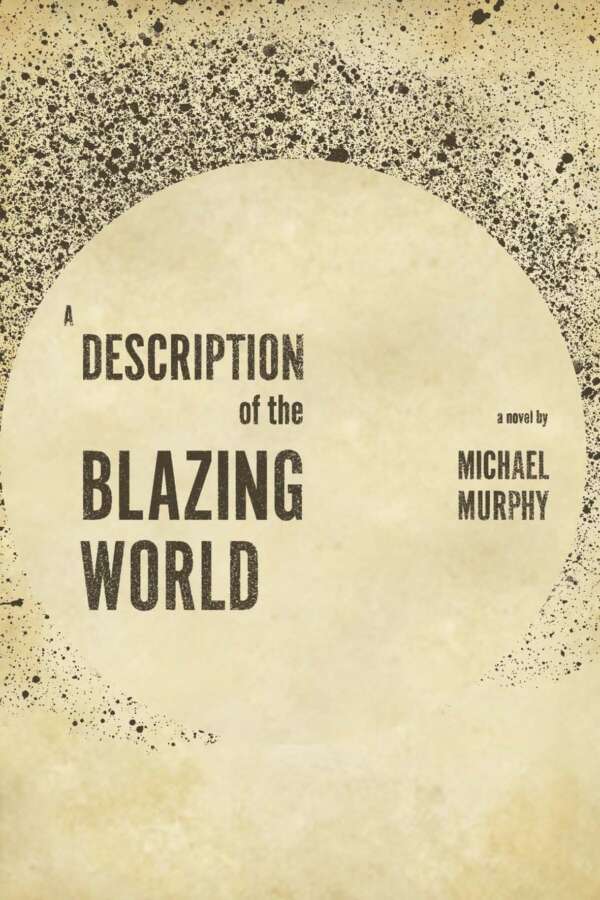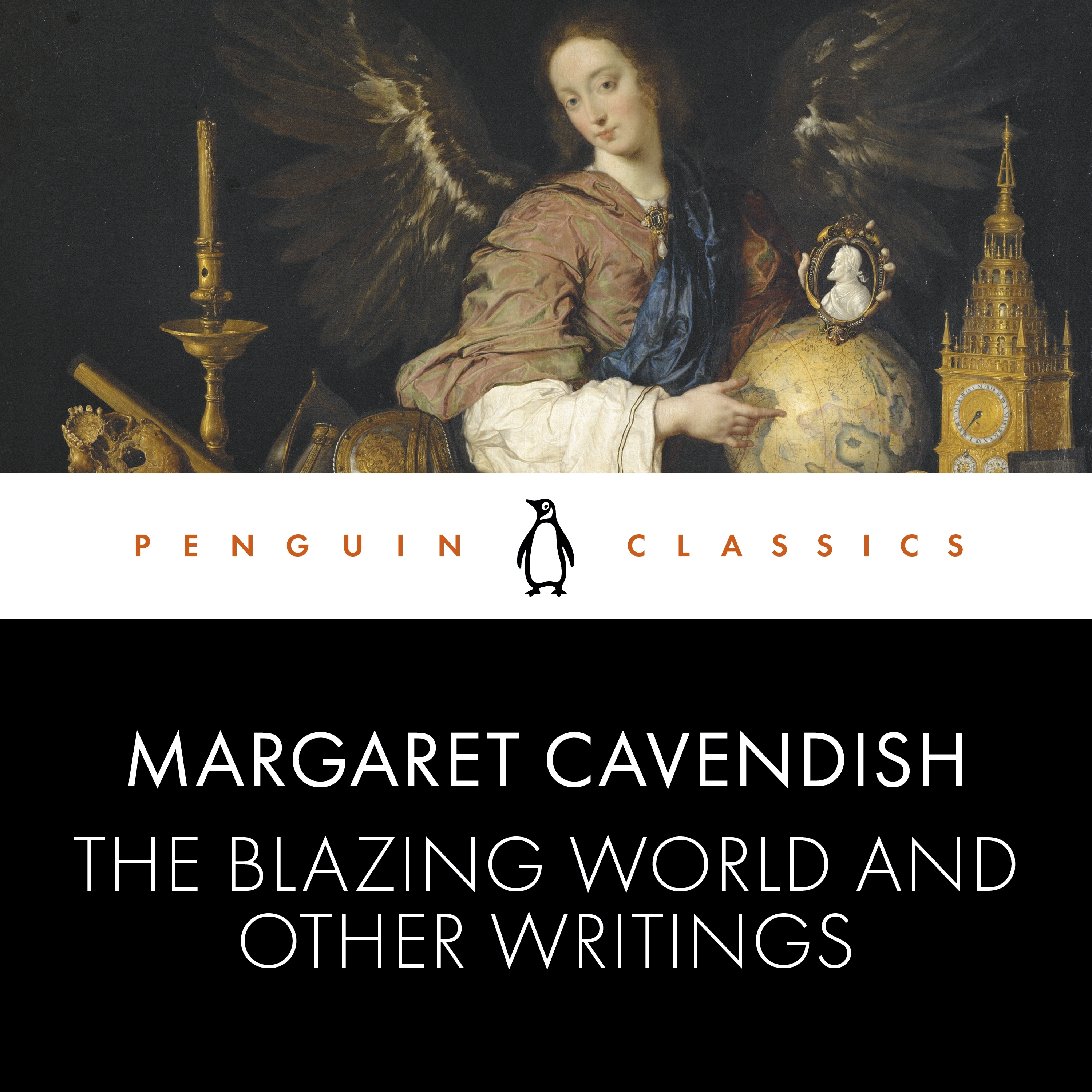


She wrote under her own name, quite a faux pas at the time for women, and brought quite a bit of criticism upon herself. Margaret started writing in 1651, on return to England. He had lost most of his estate in the flight and, though the couple were able to return to England in 1651, they lived in relative poverty until the 1660 Restoration which brought back the monarchy under Charles II and with it Cavendish’s estates. Cavendish had led part of Charles’ armies in the Civil War and was also essentially in exile. It was in France that Margaret met William Cavendish, the Duke of Newcastle, and they were married in 1645. Margaret became a lady-in-waiting to Queen Henrietta Maria, and ended up fleeing with her in 1644 to further exile in France when the war turned further against the Royalists. Margaret’s family were Royalists, devoted to the monarchy, and when Civil War broke out in 1640 Margaret and her siblings fled to Oxford, where Charles I and their court were in exile.


Born the eighth child of Sir Thomas Lucas, she was educated in the typical “feminine arts” of the time (singing, dancing, music) but developed an exceptional interest in reading and writing and apparently wrote short books in her youth. This is certainly true of Margaret Cavendish, Duchess of Newcastle (1623-1673), who was a prolific author of everything from poetry to plays to natural philosophy. One would expect that such a groundbreaking novel would have been written by an equally groundbreaking personality. In researching that post, however, I came across a proto-science fiction tale that is much older: The Blazing World, by Margaret Cavendish:Īs one can see from the title page, this work is much older than The Coming Race - it was first published in 1666! Though there wasn’t even much “science” in that era, The Blazing World is arguably one of the earliest science fiction novels ever written. Two years ago, I blogged about Edward Bulwer-Lytton’s unusual 1871 novel, The Coming Race, a utopian novel that counts as one of the earliest science fiction stories ever written. It is somewhat fascinating to note that certain genres of fiction have their beginnings much earlier than generally appreciated.


 0 kommentar(er)
0 kommentar(er)
